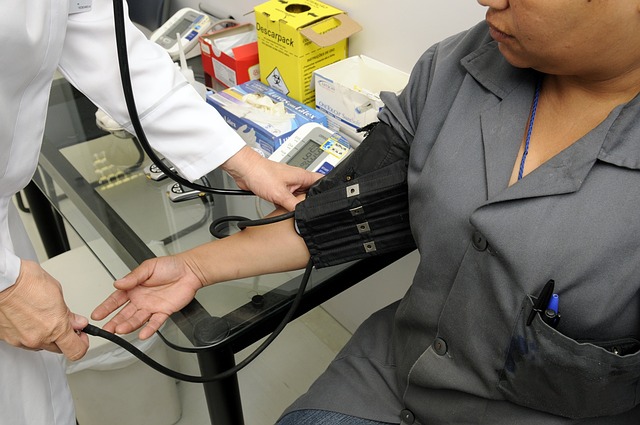***This post was a collaboration and may contain affiliate links.
Living with or knowing someone with a drug or alcohol problem is not an easy experience. Addicts suffer but, unfortunately, their erratic behavior can create confusion, feelings of rejection, and despair in those around them. This is why successful recovery often includes not only the addict but his or her family as well. Because the odds of overcoming any addiction are greater with support, it’s important to educate yourself about the process. You will come up against many challenges that will strain your relationship with the addict. Don’t worry, though, you can help an addict and still stay close.
I lived with an alcoholic my whole childhood, so I understand what it feels like to watch someone harm themselves in this way. I also experienced, first hand, how addiction affects all who are near. Unfortunately, my mom didn’t get help with her addiction and, eventually, paid the ultimate price for her lifestyle.
If you love someone who is dependent on alcohol or drugs, take it seriously and do what you can to support your loved one on the path to recovery. Here are my top 3 loving and supportive ways to help an addict.
Help an Addict #1: Show Love And Compassion
 Whether you are talking to a friend, a close relative or a coworker about an addiction, remain respectful and show them you sincerely care about their health. Provoking a confrontation is not going to build trust or get the results you desire.
Whether you are talking to a friend, a close relative or a coworker about an addiction, remain respectful and show them you sincerely care about their health. Provoking a confrontation is not going to build trust or get the results you desire.
Addicts have to want to change in order to take steps to recovery. If they feel judged or rejected because of their behavior, they will retreat and often isolate themselves from all help. Be gentle but clear about how you feel and what you’d like to see happen. Always give him or her the opportunity for healthy communication and expression of feelings.
If you are unsure how to approach the issue, you can get advice from a therapist, recovery coach, or social worker. There are also some helpful books that take you through the process. I gleaned a lot of valuable information from Adult Children of Alcoholics. Just remember, though you are suffering and want results, the addict likely has extensive pain built up and feels more than you know. This process won’t happen overnight. ***Because I am an Amazon Associate, if you choose to purchase the book from the link provided in this article, I will get some pocket change.
Help an Addict #2: Help Find and Choose the Right Treatment
 Because of the wide variety of available treatment options, you and the addict will need medical advice to know which one would be best. Remember, when an addiction has developed over a long period, the withdrawal period will be very painful, emotionally and physically.
Because of the wide variety of available treatment options, you and the addict will need medical advice to know which one would be best. Remember, when an addiction has developed over a long period, the withdrawal period will be very painful, emotionally and physically.
For severe cases, the patient would need to be in a facility to be monitored. Detoxing is not something to play around with, whether it is from alcohol or narcotics. Some people opt for faster programs like Ultra Rapid Detox offered at a clinic in Las Vegas, NV. These types of programs help to alleviate the continual pain and suffering by eliminating much of it while the patient sleeps. Again, be supportive and listen to him or her thoroughly. It’s also important that the patient understands exactly what is happening and what is expected.
Help an Addict #3: Be There for Future Challenges
 Living a drug or alcohol-free life can be stressful when one has relied on a substance to soften emotional and/or physical pain. So, it’s important during the recovery period to be there for continued support. He or she will need to develop new habits if there is any chance of long term success as a recovering addict.
Living a drug or alcohol-free life can be stressful when one has relied on a substance to soften emotional and/or physical pain. So, it’s important during the recovery period to be there for continued support. He or she will need to develop new habits if there is any chance of long term success as a recovering addict.
Don’t walk away or assume that he or she will be OK just because the detox period has ended. I’ve seen many alcoholics and drug addicts do well in the beginning only to go back to the substance later. You can always make suggestions about diet, exercise, and healthy options for socializing. Because you are important to the recovery process, be present when you can.
Make your contact a regular thing by scheduling dates to hang out, exercise, do a craft, or just talk. With your support, the addict will feel loved and as though they are accepted. These are the things the recovering addict or alcoholic needs the most.
**** This post is strictly informational and is not meant to replace the advice of your health care provider. Women’s lifelink, it’s owners, administrators, contributors, affiliates, vendors, authors and editors do not claim that this information will diagnose, treat, or improve any condition or disease.
 Women's Life Link Be Well, Be Happy, Be YOU!
Women's Life Link Be Well, Be Happy, Be YOU!




